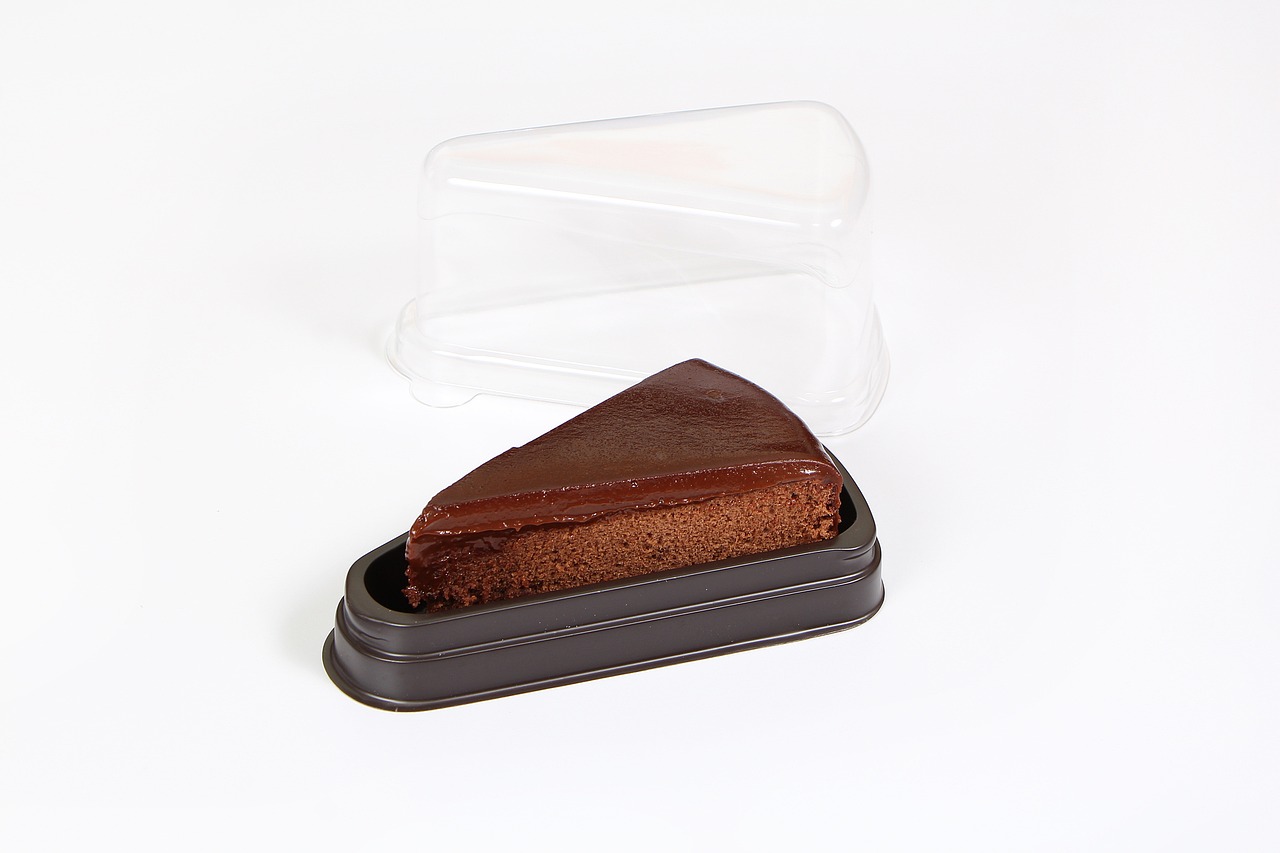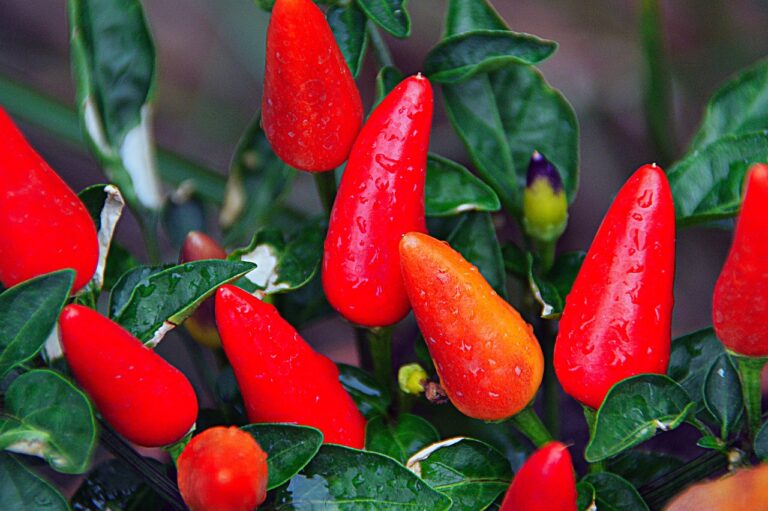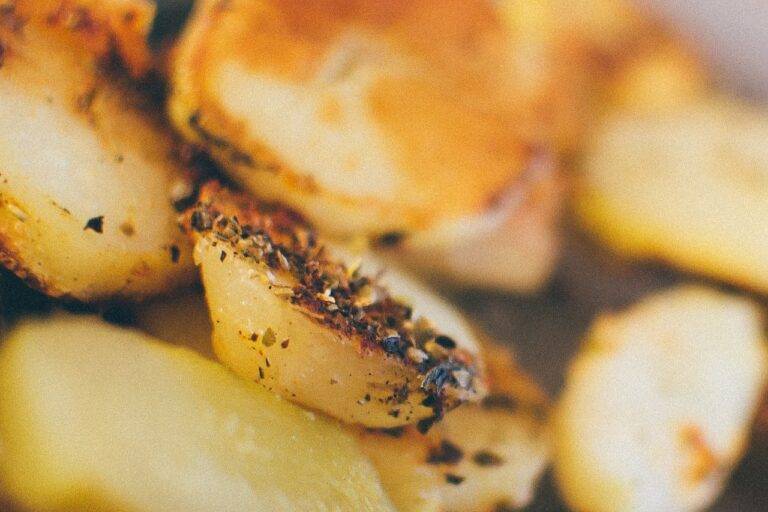Olive Oil Production in Spain: An In-Depth Look: 99 exchange login, Laser 247 deposit number, Yolo247 apk login
99 exchange login, laser 247 deposit number, yolo247 apk login: Olive oil production in Spain is a centuries-old tradition that has established the country as a global leader in the industry. Spanning from the fertile lands of Andalusia to the picturesque groves of Catalonia, Spain produces some of the finest olive oils in the world. In this in-depth look at olive oil production in Spain, we will explore the process from tree to table, the different varieties of olives grown, the regions known for their olive oil production, and much more.
The Process of Olive Oil Production
The process of olive oil production begins with the planting and cultivation of olive trees. Olive trees thrive in Mediterranean climates, with Spain being home to over 300 million olive trees. These trees produce olives, which are harvested in the autumn months when they are at their ripest. The olives are then taken to the mill, where they are washed and crushed to extract the oil. The oil is separated from the olive pulp and water through a process of pressing and centrifugation. The resulting product is extra virgin olive oil, which is the highest quality and most prized form of olive oil.
Varieties of Olives Grown in Spain
Spain is home to a wide variety of olive trees, each producing olives with unique flavors and characteristics. Some of the most common olive varieties grown in Spain include Picual, Hojiblanca, Arbequina, Cornicabra, and Empeltre.
– Picual: Known for its robust flavor and peppery finish, Picual olives are the most widely grown variety in Spain. They are particularly well-suited for producing high-quality extra virgin olive oil.
– Hojiblanca: Hojiblanca olives have a fruity and slightly sweet taste, making them ideal for blending with other varieties to create balanced and flavorful olive oils.
– Arbequina: Arbequina olives are small and delicate, producing oils with a smooth and buttery texture. They are often used in gourmet and specialty olive oils.
– Cornicabra: Cornicabra olives have a bold and slightly bitter flavor profile, making them a popular choice for producing robust and intense olive oils.
– Empeltre: Empeltre olives are known for their mild and fruity taste, making them well-suited for a wide range of culinary applications.
Regions Known for Olive Oil Production
While olive oil is produced throughout Spain, there are certain regions that are particularly renowned for their olive oil production. These regions include:
– Andalusia: Andalusia is the largest olive oil-producing region in Spain, accounting for over 50% of the country’s production. The provinces of Ja鮬 Cba, and Sevilla are particularly known for their high-quality olive oils.
– Catalonia: Catalonia is another important olive oil-producing region, with the provinces of Tarragona and Lleida leading the way. Catalan olive oils are prized for their fruity flavors and artisanal production methods.
– Extremadura: Extremadura is a lesser-known but up-and-coming olive oil region in Spain. The province of Badajoz is known for its intense and robust olive oils, perfect for cooking and drizzling over salads.
– Castilla-La Mancha: Castilla-La Mancha is home to a growing olive oil industry, with the province of Toledo producing some exceptional olive oils. The region’s hot and dry climate is ideal for olive cultivation.
Conclusion
Olive oil production in Spain is a rich and diverse industry that has been honed over generations. From the sunny groves of Andalusia to the rolling hills of Catalonia, Spain’s olive oil producers continue to push the boundaries of quality and flavor. Whether you’re a culinary enthusiast or simply enjoy a drizzle of olive oil on your salad, exploring the world of Spanish olive oil is an experience not to be missed.
FAQs
Q: What is the difference between extra virgin olive oil and regular olive oil?
A: Extra virgin olive oil is the highest quality olive oil, made from the first pressing of the olives. It has a superior taste and aroma compared to regular olive oil, which is often a blend of refined and virgin olive oils.
Q: How should I store olive oil to keep it fresh?
A: Olive oil should be stored in a cool, dark place away from heat and light. It should also be kept tightly sealed to prevent oxidation.
Q: Can I use olive oil for cooking at high temperatures?
A: Extra virgin olive oil has a low smoke point, so it is best used for low to medium heat cooking. For high heat cooking, it is recommended to use a more heat-stable oil like avocado or grapeseed oil.







